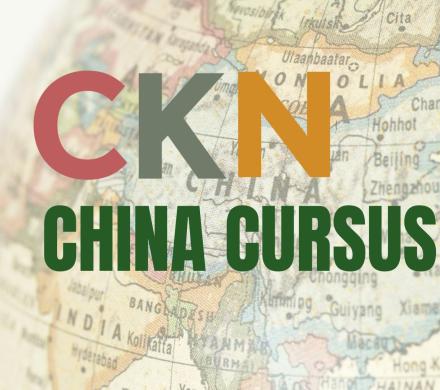Internationalization of the RMB: Status, Options and Risks

The internationalization of the Renminbi (RMB) is a long-term project that has evolved gradually through a series of policy initiatives, infrastructure developments, and external shocks over the past few decades. This report aims to answer three sets of questions: (i) What key push and pull factors explain the increasing internationalization of the Chinese Renminbi (RMB) and how has the global monetary and financial context developed? (ii) How does this increase relate to China’s wider monetary and financial policies? What infrastructure is being put in place? What scenarios can be envisaged? And (iii) What are key consequences of this increase for the Dutch/European economic security and the Euro area monetary sovereignty? The research was implemented under the purview of the LeidenAsiaCentre and commissioned by the China Knowledge Network of the Government of the Netherlands. Conclusions and opinions are solely those of the authors.
The main conclusion of the report is that the international use of the RMB has seen only modest progress in the past 15 years, but that China has substantially expanded the institutional infrastructure that underpins this internationalization. Internationalization could accelerate in several ways: (i) through policy changes that render the RMB a more attractive currency to invest, fund or trade in; (ii) by increased international demand for the RMB as an alternative to the USD; and (iii) as a means to provide a safety net for international transactions in a more adversarial world. With changing economic interests and growing international tensions, China’s authorities are now at a crossroad with respect to internationalization of the RMB.
About the authors
Bert Hofman is adjunct professor at the East Asian Institute (EAI) of the National University Singapore (NUS). He was director of EAI and Professor of Practice at the Lee Kuan Yew School of NUS 2019-2023. He is also an Honorary Senior Fellow at the Asia Society Policy Institute, Senior Fellow at MERICS, and Fellow of the World Association for China Studies. Before joining NUS in 2019, he worked with the World Bank for 27 years, 22 of which in Asia, and 12 of which on China. Mr. Hofman was the World Bank Country Director for China and Chief Economist for the East Asia and Pacific region. His current interests include China’s future growth trajectory, technology, geo-economics and global supply-chain shifts.
Johannes Petry is a Senior Researcher at Goethe University Frankfurt (Germany) and a Research Fellow at the Centre for the Study of Globalisation & Regionalisation, University of Warwick (UK). He is a political economist researching the changing dynamics of financial globalization, with a focus on the internationalization of China's financial system, the politics of f inancial infrastructures, as well as post-crisis transformations within the global financial system such as the growing importance of the BRICS or East Asia, contestation of the liberal international economic order, and the impact of geopolitics on global finance. Find out more at: www.johannespetry.com.
China Knowledge Network
The Dutch China Knowledge Network (CKN) is a network established to involve China experts and disseminate knowledge within the government of the Netherlands and beyond.Our key task is to connect various angles of research and events to better understand China’s motives, policies and vision to develop more effective policies and better advise social partners. The secretariat of the knowledge network has been assigned to think tank Clingendael together with LeidenAsiaCentre. They will function primarily as ‘knowledge brokers’, matching the supply and demand of knowledge.



